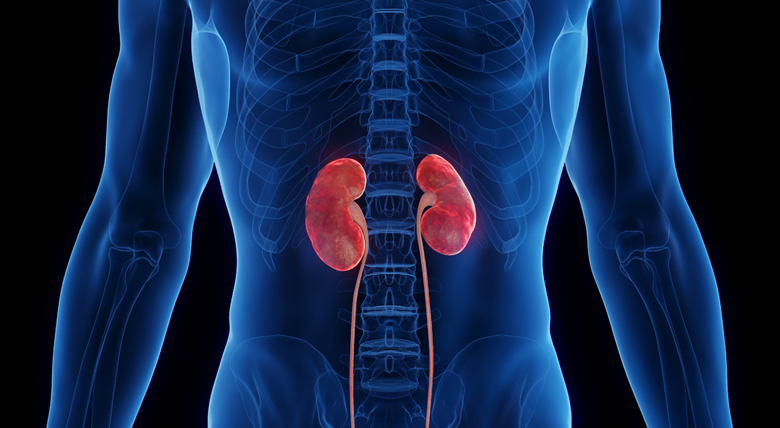The Power of Partnership: Integrated Care for Autoimmune and Kidney Diseases

Autoimmune diseases that affect the kidneys are rare, complex, and often require multispecialty expertise. AHN Autoimmunity Institute’s Glomerular Disease Program integrates nephrology, rheumatology, and other disciplines to deliver centralized, coordinated care — improving outcomes through early intervention and streamlined treatment.
Comprehensive care — all in one place
Glomerular disease is characterized by damage to the kidney’s glomeruli, resulting in impaired filtration and the abnormal leakage of proteins and red blood cells into the urine. While its causes may vary, many cases are linked to systemic autoimmune conditions.
Traditionally, patients with glomerular disease receive fragmented care across multiple providers and appointments. AHN’s team-based approach addresses this by consolidating services under one roof, eliminating delays and care gaps, and simplifying access for patients.
AHN’s Glomerular Disease Program care team includes:
- Rheumatologists
- Nephrologists
- Behavioral health specialists
- Clinical pharmacists
- Dieticians
- Social workers
Swati Arora, MD, AHN nephrologist and associate professor at Drexel University College of Medicine, says combining services has not only expedited care, but also improved patient outcomes and satisfaction.
“Our collaborative approach accelerates diagnosis and treatment,” said Dr. Arora. “For conditions like glomerular disease, where timely interventions are critical, this is a life-changing model of care.”
Diagnostics and treatment
Patients referred to the program receive comprehensive diagnostic workups, including labs, urine studies, imaging, and renal biopsy when indicated. Treatment plans are jointly developed by rheumatology and nephrology, with access to:
- Immunosuppressive therapy
- Renal replacement therapy (dialysis, transplant)
- Nutrition and behavioral health support
- Long-term disease management and monitoring
When to refer a patient
Due to their nonspecific presentation, autoimmune kidney diseases often go undetected until advanced stages. Dr. Arora emphasizes prompt referral when autoimmune conditions or renal abnormalities are present, especially in at-risk populations.
Consider referral for patients with:
- Systemic autoimmune diseases (e.g., lupus or vasculitis)
- Genetic or chronic kidney disorders
- Infections (e.g., Hepatitis B/C, strep, impetigo)
- Prolonged NSAID use or nephrotoxic exposures
Common symptoms of glomerular disease include:
- Proteinuria (foamy/bubbly urine)
- Hematuria (gross or microscopic)
- Edema (periorbital, peripheral)
- Hypertension
- Oligura
- Fatigue, nausea, muscle cramps
“Subtle findings — like microscopic hematuria or early morning stiffness in younger patients — should not be overlooked,” said Dr. Arora. “Early referral is key for proactive management and may prevent irreversible damage.
How to refer
To refer patients to the Glomerular Disease Program at AHN Autoimmunity Institute, call 844-MD-REFER 844- 637-3337.
About Swati Arora, MD
Swati Arora, MD, FASN, is an Assistant Professor, Drexel University. She completed her residency, chief residency, and Nephrology fellowship at Allegheny Health Network-Medical Education Consortium in Pittsburgh, PA. Though her clinical practice includes a wide variety of patients with kidney disease, she specializes in management of patients with glomerulonephritis (GN), nephrotic syndromes and autoimmune conditions affecting the kidneys such as lupus nephritis, ANCA vasculitis.
The AHN Autoimmunity Institute houses multiple specialties that are redefining autoimmune disease care by combining coordinated specialties, focusing on research, and offering the latest therapies. We'll manage your medical records and medications and partner with other specialists as needed.


